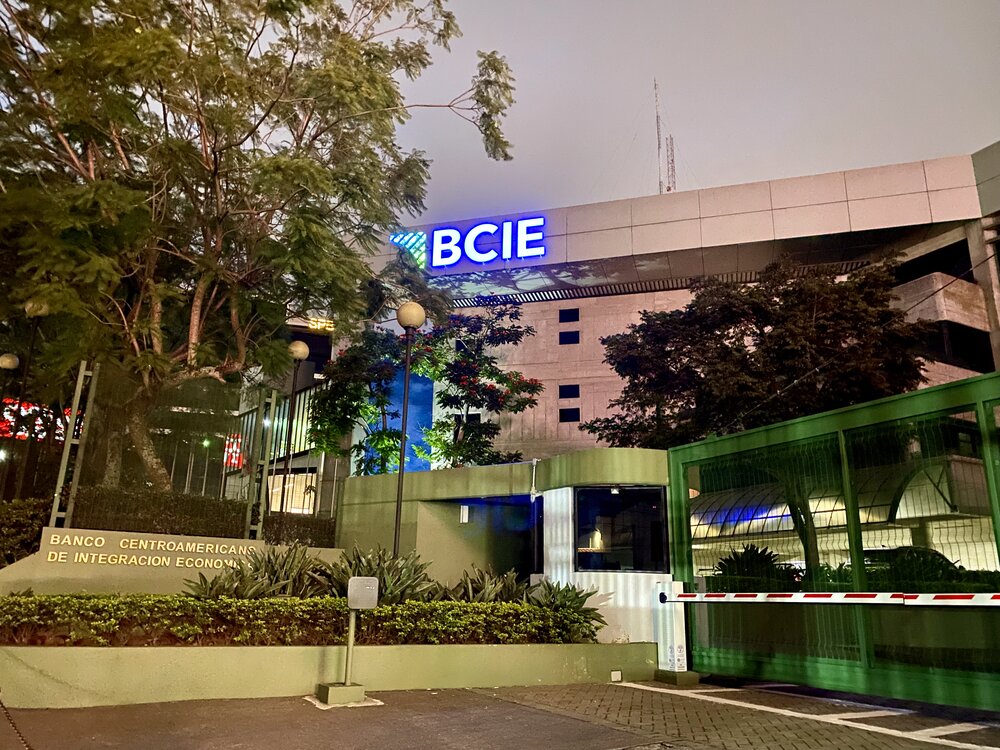CABEI building in Costa Rica offsets emissions from its operations and receives carbon neutral certification for sixth consecutive year

The Multilateral joins the country's efforts to achieve the goal of becoming carbon neutral by 2050.
San Jose, February 3, 2022.- The Central American Bank for Economic Integration (CABEI) once again demonstrates the consistency of its contribution to sustainability, not only through the projects it develops, but also through the impact of its activities. Proof of this is the Carbon Neutrality Certification granted for the sixth consecutive year to the Bank's building in Costa Rica.
Carbon neutral verification involves calculating the quantitative balance between the greenhouse gas emissions that the headquarters emits into the atmosphere during its operational activities and the reduction actions or offsets so that the result is equal to zero.
"We are very pleased with this new certification that supports the efforts that our collaborators in Costa Rica are making to reduce the carbon footprint, a commitment that is not only for the benefit of the country but also at a global level, complying with the goals of the Sustainable Development Goals (SDGs)," highlighted CABEI's Executive President. Dr. Dante Mossi.
To achieve the carbon neutral goal, the Multilateral's representative office, together with the operational areas, has developed investment projects in the building, such as the replacement of refrigerant gas in air conditioning equipment, the efficient use of hybrid vehicles, the promotion of awareness among employees regarding the proper use of energy, especially in meetings, and the consumption of environmentally friendly products, among others.
The certification was granted by the Instituto de Normas Técnicas (INTECO), a private, not-for-profit national standards body, after obtaining satisfactory results in the external verification of the building located in San José.
In 2020, Costa Rica announced new commitments before the United Nations (UN) to reduce carbon emissions, proposing to become a carbon neutral country 35 years earlier than initially proposed, now in 2050.
In order to achieve this, the country intends to increase the number of electric cars, expand forest coverage, and improve the electric public transportation system, including buses and the electric passenger train, initiatives that are largely backed by CABEI, which is supporting the nation technically and financially in its efforts.



